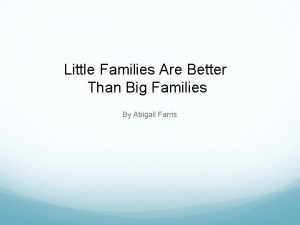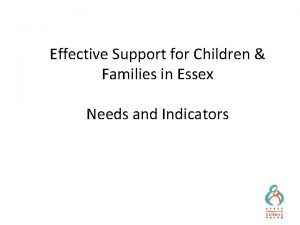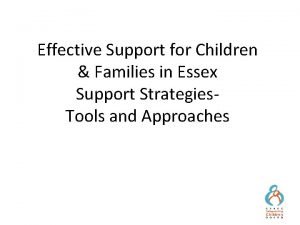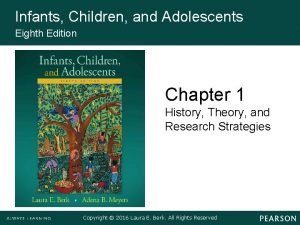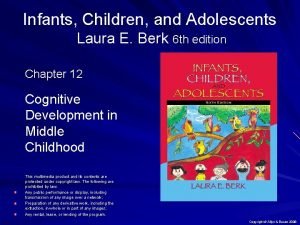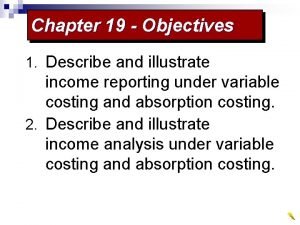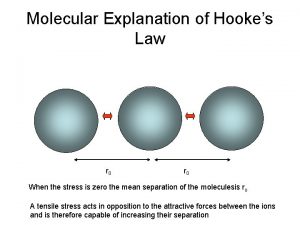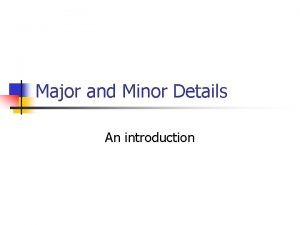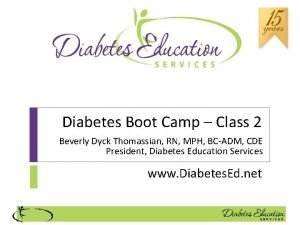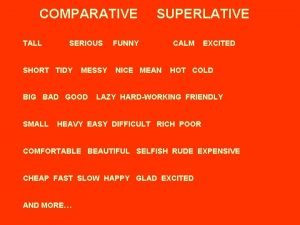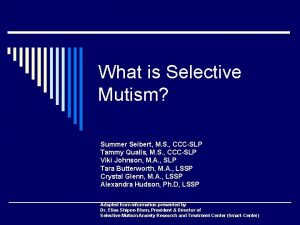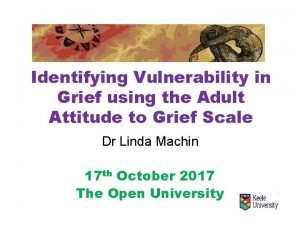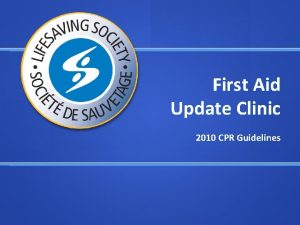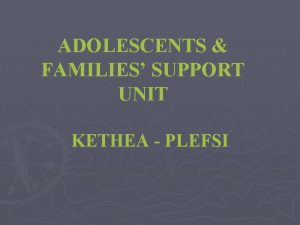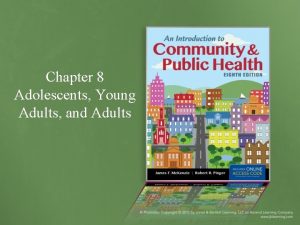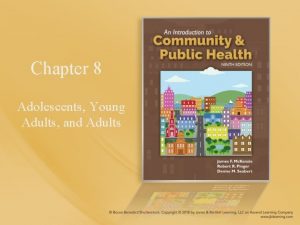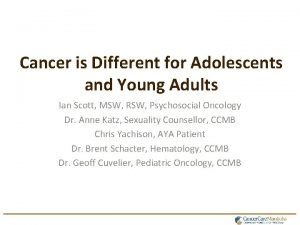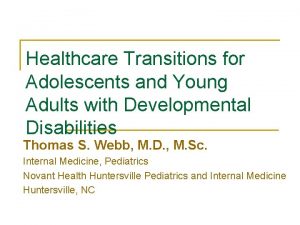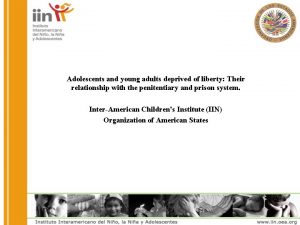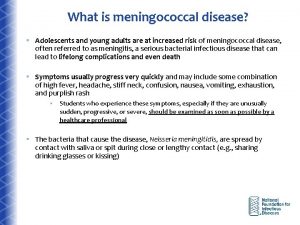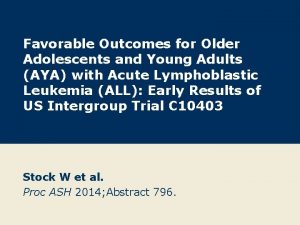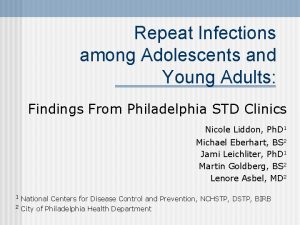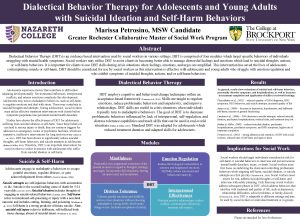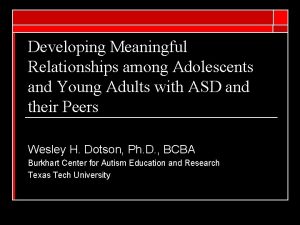Adolescents Young adults families support units KETHEA PLEFSI















- Slides: 15

Adolescents – Young adults & families support units KETHEA PLEFSI G. Papanastasatos, Ph. D Head of Research Department Brussels, July 6, 2010

Framework The unit is addressed to: • Adolescents & young adults (13 -21 years old), who are either experimenting with drugs or are systematic drug users • Parents & siblings of adolescent recreational drug users, who are currently in treatment • Parents of former adolescent clients

Philosophy The closer the intervention to the initiation of drug use the less the likelihood for: • further involvement with drug use, • deviant behaviour, • family dysfunction, and • health problems. Furthermore, the closer the intervention to drug use, the easier the treatment.

Treatment approach (a) 1. Bio-psycho-social approach to treatment 2. The type of intervention (i. e. intensity, duration, therapeutic tools) is determined by the: • continuum of use • continuum of care, and • special needs of every family and its members

Treatment approach (b) 3. The therapeutic approach is mainly based on the family and includes elements from various theoretic approaches, i. e. : • Family systemic theory, • Individual and group counselling, and • Social learning theory (TC model adapted for adolescents’ populations)

Treatment tools • • (a) Group therapy Motivational Interviewing Individual counselling and treatment Family sessions Couples’ sessions Personal development exercises Relapse prevention

Treatment tools (b) • Seminars • Vocational counselling • Art, recreational, cultural, ecological, athletic activities • Personal development exercises – training workshop

Duration & Frequency Duration • Main treatment phase: 10 -12 months • Follow-up (A): 6 months • Follow-up (B): 6 months Frequency • Adolescents: 3 sessions/week (main treatment phase), 1 session/week (follow-up) • Siblings: 1 session/week • Parents: 1 session/week

A. Adolescents group Conditions of entry: • Age between 13 -21 years • Involved with drug abuse at initial stages • A family network** able to support the client during treatment • No serious psychiatric disorder • To participate in some sort of educational/professional activity or be in the process/ready to start ** It is possible that someone is accepted in the Young Adults Unit without the participation of the family provided that they are 18 years old and willing to cooperate

Treatment goals - Adolescents a) Abstinence from drug use b) Development of skills for everyday activities c) Improvement of family relations d) Management of free time e) Dealing with high-risk situations f) Training in setting boundaries and goals g) Development of social skills h) Reinforcing a functional identity i) Conflict resolution skills j) Reinforcement of professional goals and vocational counseling

B. Siblings group Conditions of entry: • Age between 13 -25 years old, • Willingness to participate, • Willingness to do something about their lives, and get to know adolescents who are at the same stage in their life.

Treatment goals - Siblings (a) to offer the opportunity to all family members to be part of the treatment process (b) to work on family members personal needs. The members of the siblings’ group have the opportunity to work οn issues regarding adolescence and possibly prevent drug use.

C. Parents group Conditions of entry • Not be current drug users • Abstain from alcohol • Not having serious mental health problems In case of violence issues in the family, the protections of the physical health of the victim becomes a priority -this might imply law involvement and networking to other services.

Treatment goals – Parents (a) Treatment goals: • Relieving the guilt as to their child’s involvement with drug abuse • Supporting parents in the effort of their children to stop drug use • Redefinition of the roles in the family • Development of negotiation skills for setting boundaries & making agreements with their children • Development & improvement of communication skills

Treatment goals – Parents (b) • Relapse prevention training • Development of healthy relationships between family members • Recognition of personal needs, priorities and goals • Referral needs evaluation for personal and couples’ issues. • Supporting the gradual individualization of the children (young adults) • Development of a support network for every family • The parents become eventually the “experts” in their family
 Big families vs small families
Big families vs small families Fdic money smart for young adults
Fdic money smart for young adults Effective support for families in essex
Effective support for families in essex Effective support for children and families in essex
Effective support for children and families in essex Difference between courtship and dating
Difference between courtship and dating Infant child and adolescent berk 8th edition chapter 1
Infant child and adolescent berk 8th edition chapter 1 Lara berk
Lara berk Income statement for absorption costing
Income statement for absorption costing K
K Units of young modulus
Units of young modulus Major details
Major details Beverly thomassian
Beverly thomassian Comparative small
Comparative small What is selective mutism in adults
What is selective mutism in adults Adult attitude
Adult attitude Placement of aed pads on adults
Placement of aed pads on adults
